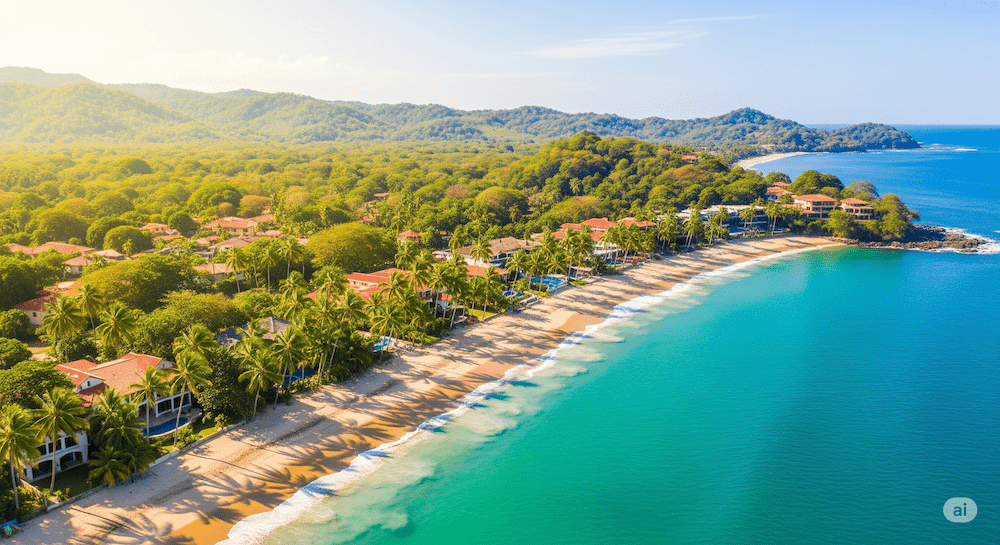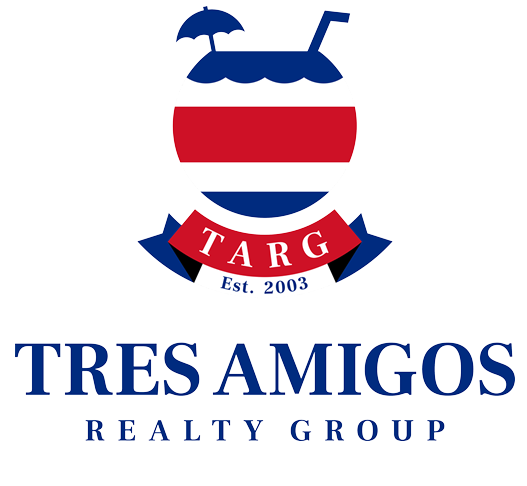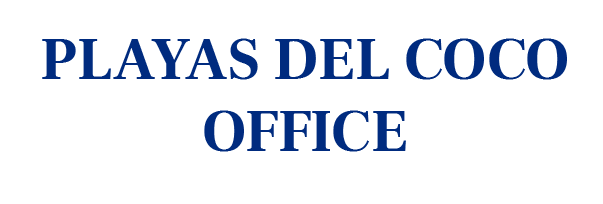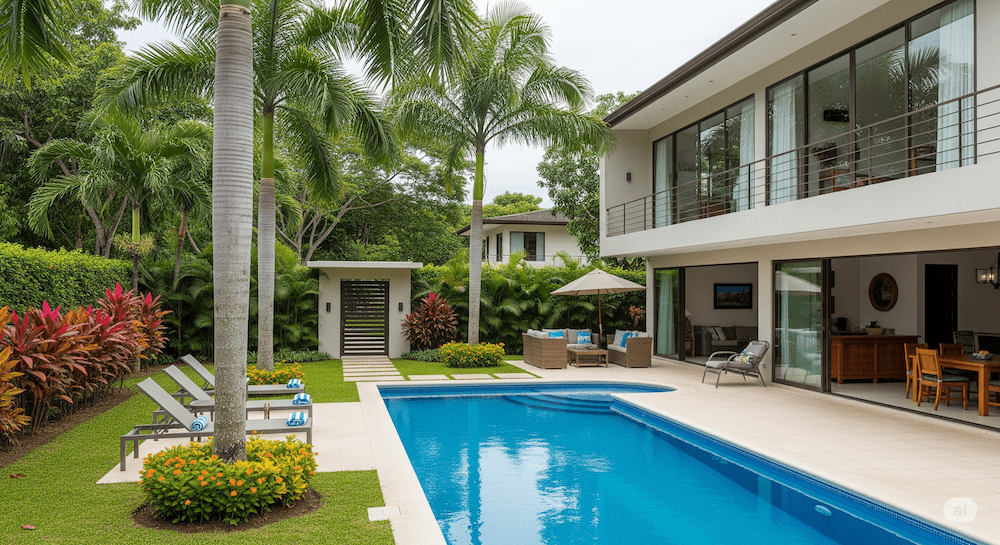Yes, You Can: A Guide to Americans Buying Property in Costa Rica
Introduction: Understanding the Appeal
Costa Rica has become a top destination for Americans seeking property abroad. With its sun-drenched beaches, stable democracy, impressive biodiversity, and strong eco-tourism economy, the country offers a compelling mix of lifestyle and investment potential. Whether it's a retirement dream, a second home, or a rental property, Costa Rica consistently draws interest from U.S. buyers.
But one critical question always arises: Can Americans actually own property here? The short answer is yes — and here's how.
Foreign Ownership is 100% Legal
Americans — like all foreigners — can legally own property in Costa Rica. The country’s laws do not restrict property ownership based on nationality. In fact, foreigners enjoy the same rights and protections as Costa Rican citizens when it comes to titled property.
This legal parity makes Costa Rica one of the more attractive destinations in Latin America for international real estate investment. Ownership is secure, enforceable through the courts, and backed by a well-established property registry system.
Understanding the Land Types
Not all land in Costa Rica is created equal. The most secure form is titled land, also known as "fee simple." This is full ownership, registered in the National Property Registry, and it’s what most foreign buyers seek — especially in northern Guanacaste towns like Playas del Coco, Playa Hermosa, and Playa Panama.
Then there’s concession land, often found within the maritime zone (typically the first 200 meters from the high tide line). This land is technically owned by the government and leased to individuals or companies under strict regulations. Foreigners can only hold concession land through legal structures such as forming a Costa Rican company or obtaining residency. The rules here are more complex, and the security of ownership is not as absolute as titled land.
The Buying Process Step-by-Step
Purchasing property in Costa Rica follows a logical, if slightly different, process compared to the U.S. Here's what to expect:
- Find a reputable real estate agent: Choose someone with local experience and a trustworthy track record.
- Make an offer: Offers are typically submitted in writing and may include contingencies.
- Hire a local attorney: A bilingual, experienced lawyer is essential for due diligence and closing.
- Due diligence: This includes verifying the title, confirming zoning and utilities, and checking for liens or encumbrances.
- Use escrow services: Funds are held securely until closing through licensed escrow providers.
- Close the deal: The transaction is finalized before a notary public, and the property is registered under your name or entity.
Always work with professionals — this includes both a trusted real estate agent and a knowledgeable attorney who understands Costa Rican property law.
Owning Personally or Through a Corporation

Foreigners can own property in Costa Rica either as individuals or through a corporation, usually a Sociedad de Responsabilidad Limitada (SRL). Each approach has its benefits.
Owning as an individual is simpler and incurs fewer ongoing administrative requirements. However, purchasing through a corporation can make inheritance planning easier, allow for shared ownership, and in some cases, offer liability protection or tax efficiencies. An attorney can help you decide which structure best suits your goals.
You Don’t Need to Be a Resident
There’s no residency requirement to buy or own property in Costa Rica. Many Americans own homes here without being residents. That said, property ownership can support a future residency application, especially under the investor residency category, which currently requires a minimum $150,000 investment.
So while you don’t need residency to buy, your property could be a stepping stone toward living here full-time.
What Does It Really Cost to Own?
Beyond the purchase price, owning property in Costa Rica comes with several standard costs:
- Property transfer tax: 1.5% of the declared value.
- Legal fees: Typically 1% to 1.5% of the property value.
- Annual property tax: Just 0.25% of the assessed municipal value.
- Luxury tax: Applies to high-end properties; assessed annually if the construction value exceeds a certain threshold.
- Maintenance and HOA fees: In gated communities, expect to pay $100–$400+ per month depending on amenities.
Compared to U.S. property taxes and maintenance costs, Costa Rica is often more affordable in the long run.
What to Watch Out For
While the process is fairly straightforward, pitfalls exist. Due diligence is critical. Unclear titles, encroachment issues, and outdated property surveys can lead to legal headaches. Squatters’ rights are also a real concern if a property has been left unoccupied or unregistered for an extended period.
Concession land can be especially tricky — particularly beachfront properties that look like a dream but come with complex restrictions and legal gray areas. Avoid making decisions based solely on vacation emotions. Work with professionals, and take the time to understand what you’re buying.
Conclusion: Yes, You Can — But Be Smart About It
Yes, Americans can buy property in Costa Rica — and thousands already have. The system is foreigner-friendly, and with professional guidance, ownership is not only possible but also secure.
Whether you're dreaming of a beachside escape, a retirement haven, or an income-generating rental, Costa Rica offers real potential. But smart decisions start with good information. Let our experienced local experts help you navigate every step of the journey.
Considering a move or investment in Costa Rica? Contact us today for personalized advice and listings.







